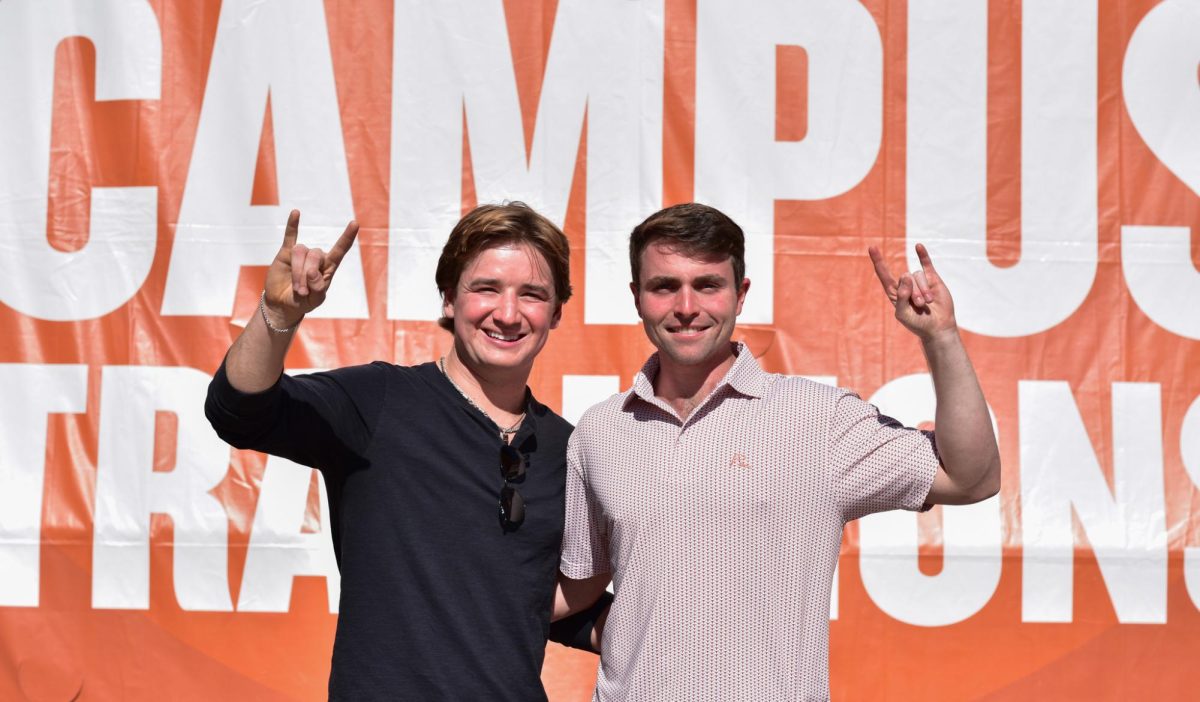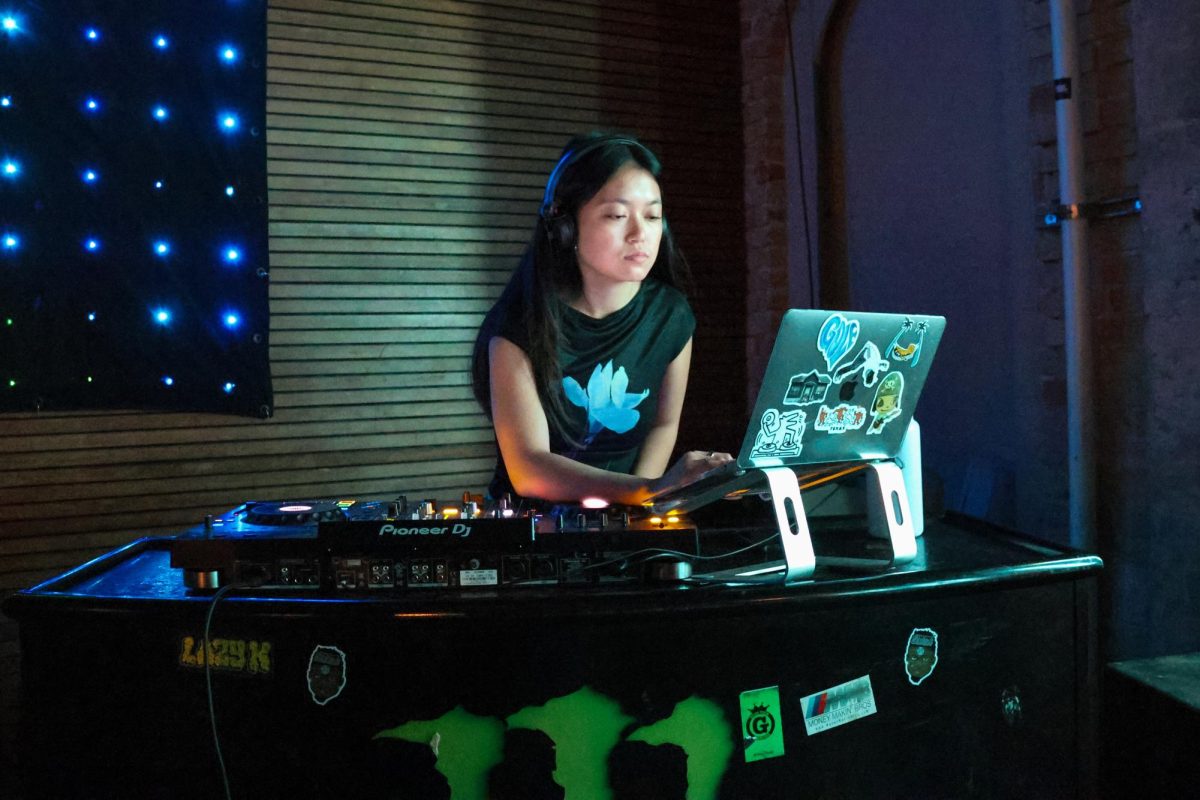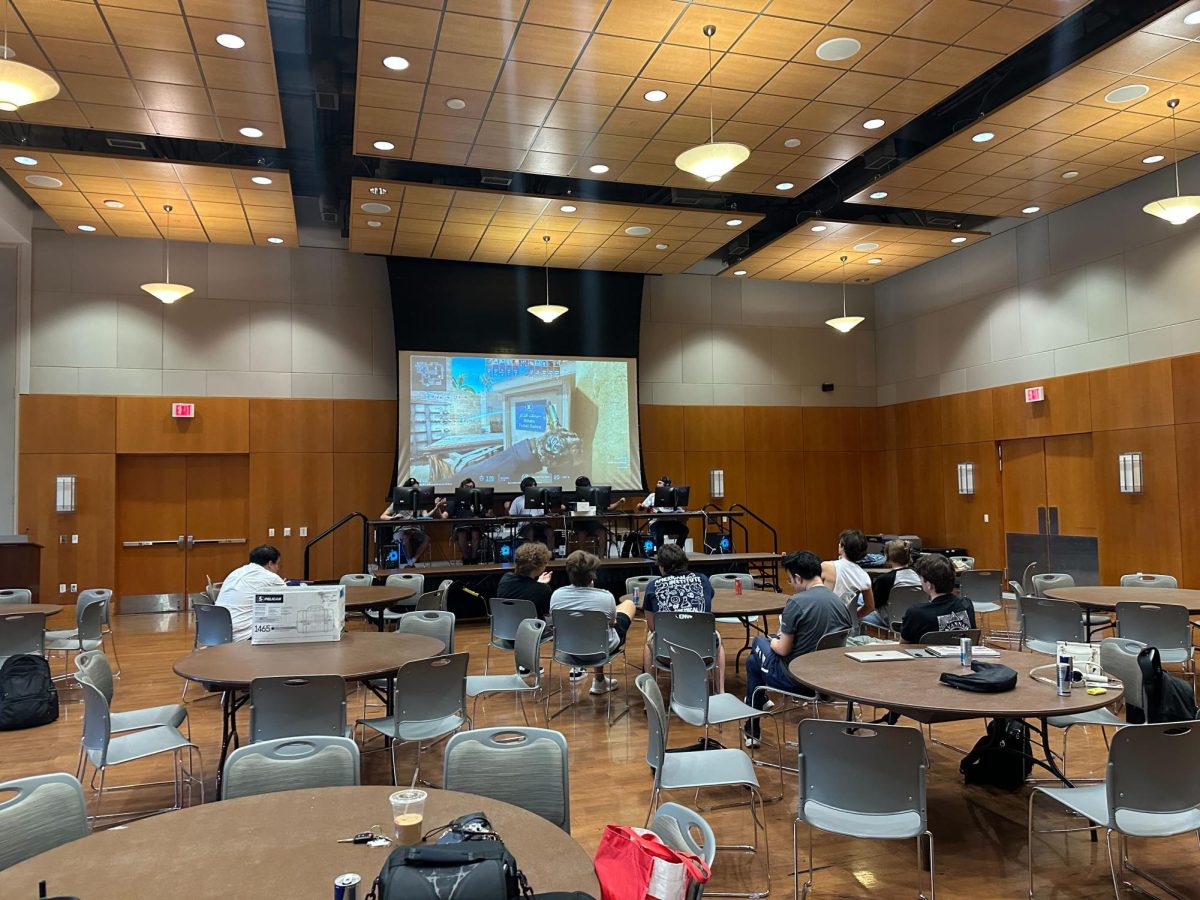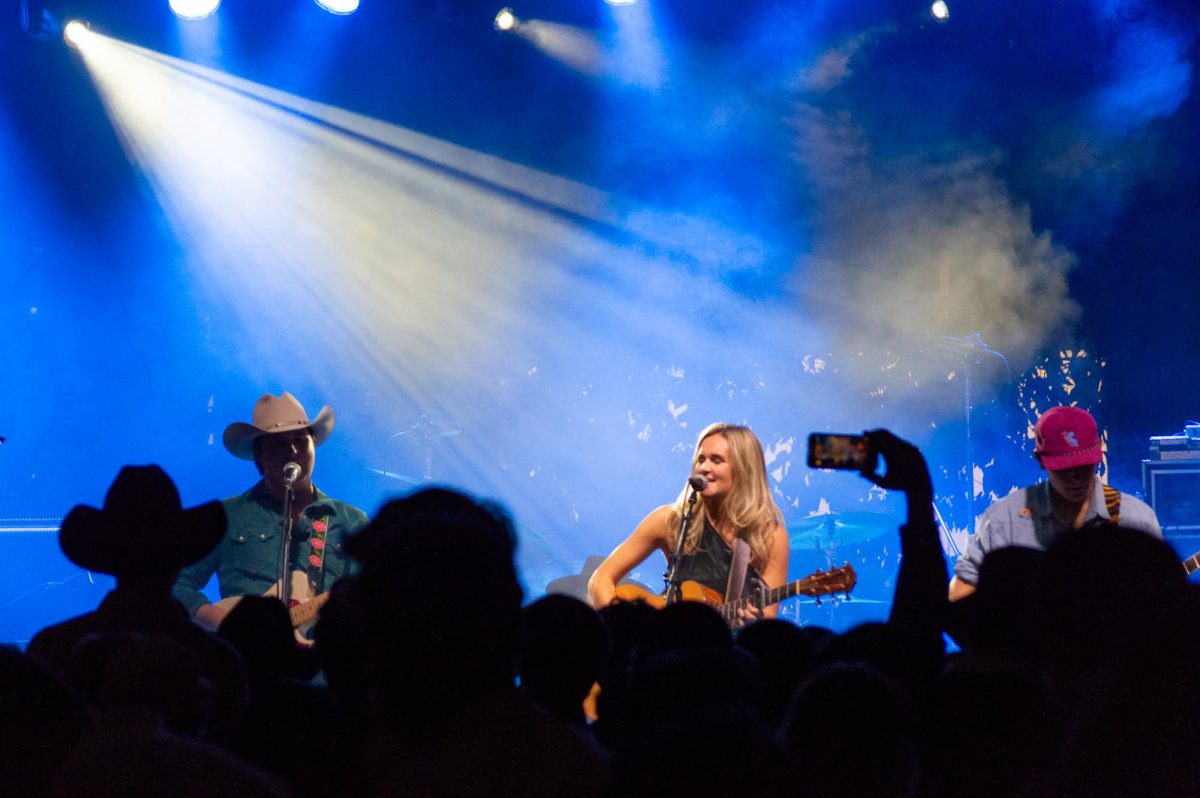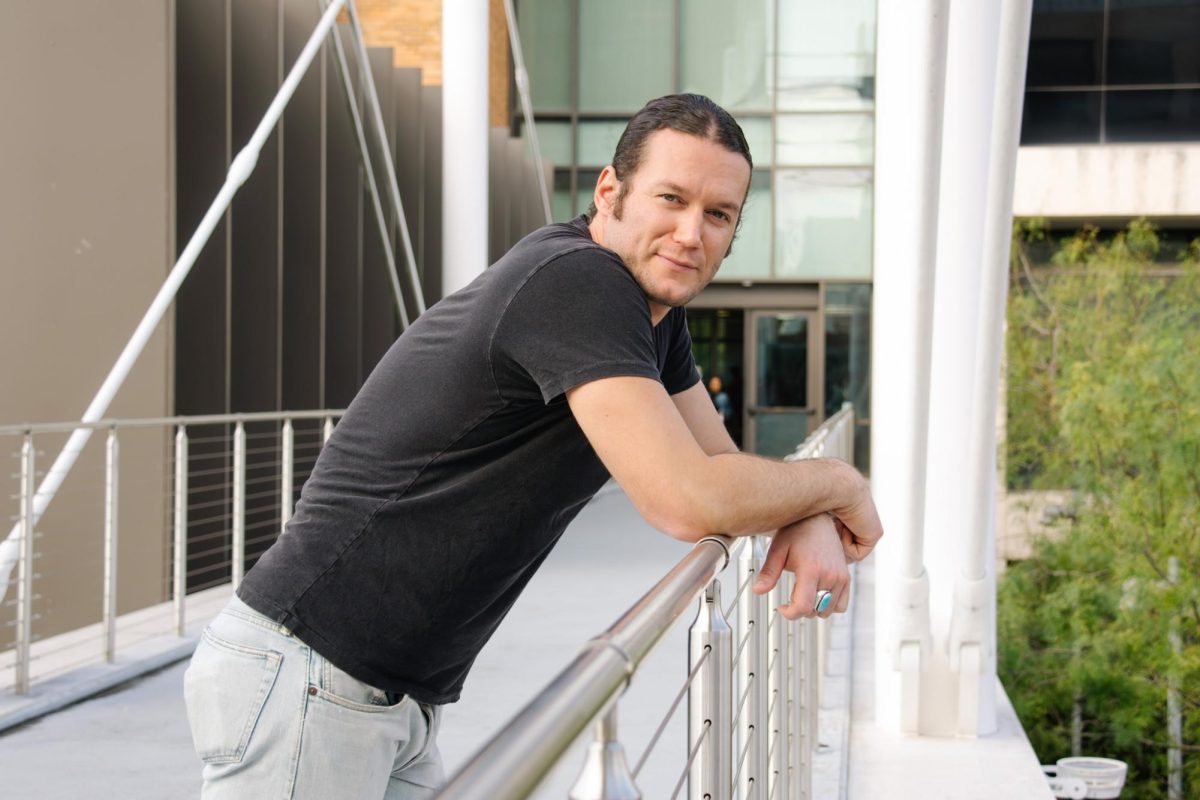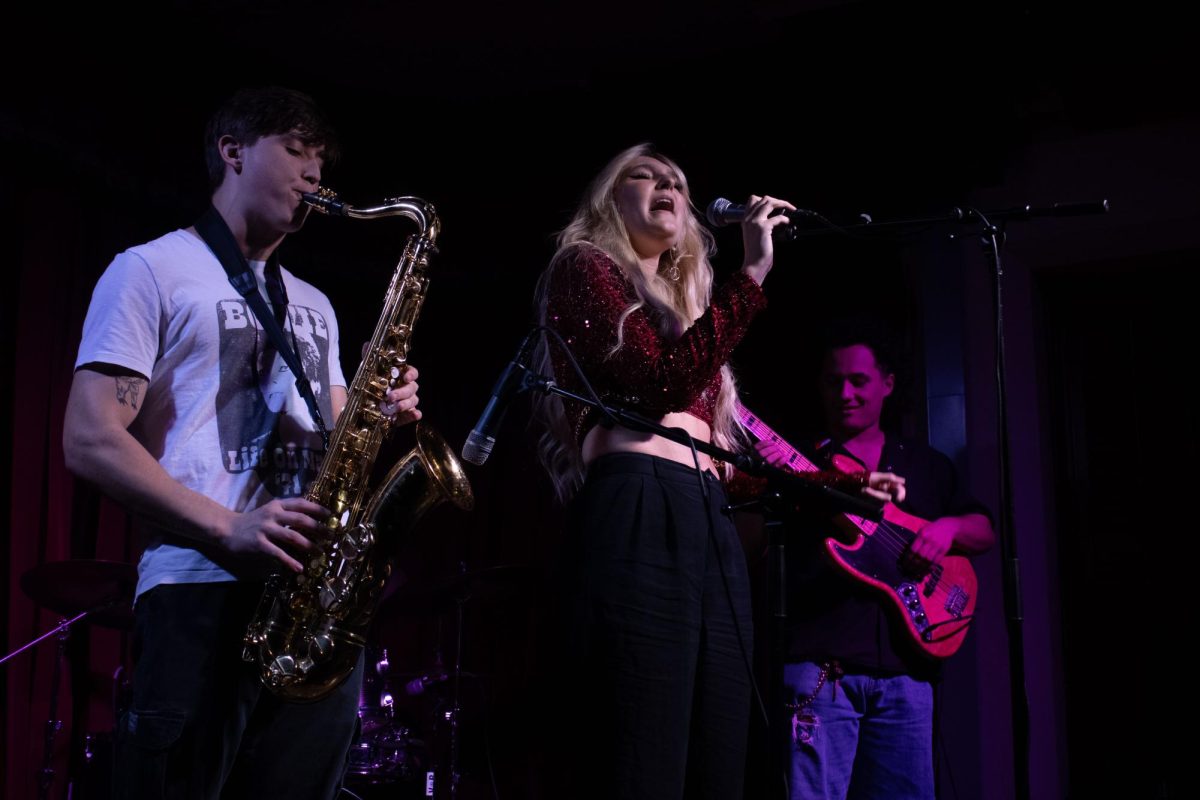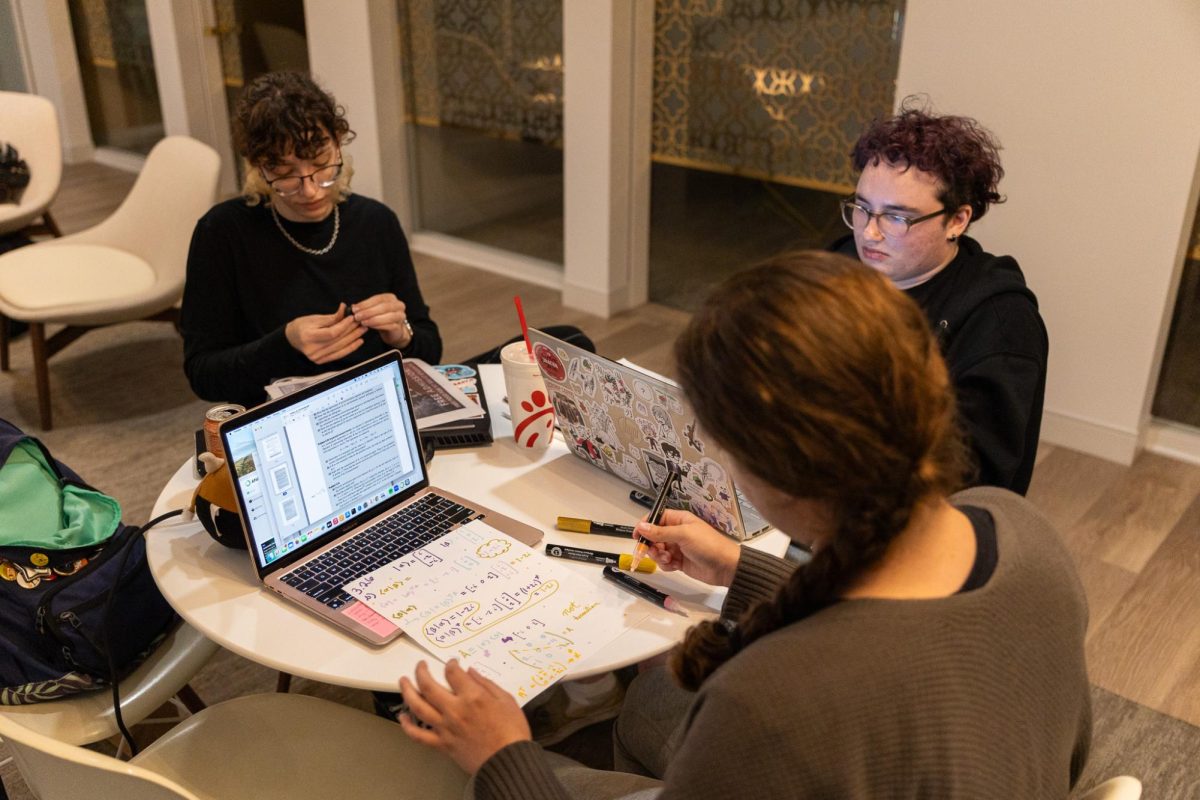Real Estate has been making jangly indie rock since its debut album was released in 2009. Its latest album, Atlas, is a more focused, detailed work than anything the band has done before, folding more nuance and ideas into their already lovely sound. The Daily Texan sat down with Alex Bleeker, the bassist and occasional singer of the band, to talk about the making of Atlas, preconceived notions about the band and what it is like playing at festivals.
The Daily Texan: For your new album, Atlas, you wrote and recorded about 20 songs, which is double than what’s on the album. How did you figure out what you wanted to present on the album? How did you manage to narrow it down?
Alex Bleeker: Some of the songs just weren’t good. Some of the recordings weren’t finished. We chose what we thought were not only the best songs to be on the record, but also songs that would come together in a cohesive way to make a sort of complete sounding album.
DT: So you view the album as a cohesive statement rather than just a collection of songs?
AB: Well both. It’s a cohesive collection of songs. We hope.
DT: Many people have called Atlas your most mature album to date. Do you think that’s a fair characterization?
AB: Yeah, I would agree with that. Actually, because we are maturing and getting older, just chronologically, it would be harder to make it less mature. But what I think people mean by that is that [the album] is more dynamic and the lyrics have a little more depth to them and chord progressions are maybe a little bit, in some senses, jazzier. There’s more of a counterpoint complexity going on to the album than on the previous two, and that one is probably true.
DT: Was that something you were actively aware of when you were recording the album? That you wanted to make something more dynamic?
AB: It just sort of seemed to be emerging that way as the songs were taking shape, and that’s part of the creative process I guess. We didn’t say, ‘Let’s make a more mature record,’ and then set out to do that. It’s just what happened organically.
DT: Was it different recording with Matt Kallman [keyboardist] and Jackson Pollis [drummer] as opposed to making your previous album with just the three of you?
AB: Yeah, it was two people who hadn’t been in the studio with us before, so they each brought a unique, different energy. We were able to record a lot of the basic tracks of the album live with Jackson instead of building tracks one by one with overdubs. So that definitely changed the album. Jackson’s better at drums than we are, so we had that going for us, and the same thing with Matt on the keys. That’s his main instrument, whereas, on Days, we were doing simple parts on our own.
DT: How is it for the band to play festivals? Do you enjoy it? Did you enjoy playing at Austin City Limits?
AB: It can vary. Austin City Limits is an exceedingly well-run festival. Everything is tight and conscious, and they treat the artists really well. And the stage crew is amazing. We had a really, really great experience there last weekend. That was great. Sometimes, it’s just the opposite of that, where no one knows what’s going on and — pardon my French — it’s a complete clusterfuck. So it can vary from festival to festival, but Austin City Limits is one of the best ones I’ve ever played, for sure.
DT: There’s an intimacy to the music you make with Real Estate. Do you ever worry that might not translate in festival settings just because how large it is?
AB: Sometimes, I guess. You have to sort of change the dynamic of the performance, choose more upbeat songs or try to be more high energy than you are with your own indoor, headlining show. People aren’t necessarily there to see you, they might just be checking you out. People didn’t buy a ticket to see you, so you don’t know what level of familiarity they necessarily have with your music. Sometimes at a festival you have to change your appeal to a broader audience.
DT: When you were recording Atlas, did any of the preconceptions of the bands weigh on you or the band as a whole? That you’re a “chill” band that fills a particular niche people can be dismissive of?
AB: Hmm. We stopped paying attention to those claims early on because, the nature of the Internet, people started regurgitating what was already on there. Something that gets said about you early on just gets repeated over and over and over again. And that’s not anyone’s fault, but I think that maybe there’s a little bit of a pressure on us. Because our second album was well received, so you want people to like us and you want to keep it going. There’s that at the beginning of the process, but then you have to let that go and relax in order to make good music. Because you really can’t listen to press or think about what your fans are going to want. You just have to trust yourself and your instincts, because that’s what got you there in the first place.
DT: You have to make music for yourself and no one else.
AB: Um, I don’t think that is necessarily true. I would not agree with that statement actually. All music is for everyone. It’s not about making music for no one else. I definitely love the communal aspect of other people enjoying it. But you can’t allow other people, outside opinions, to affect your own creative process.


